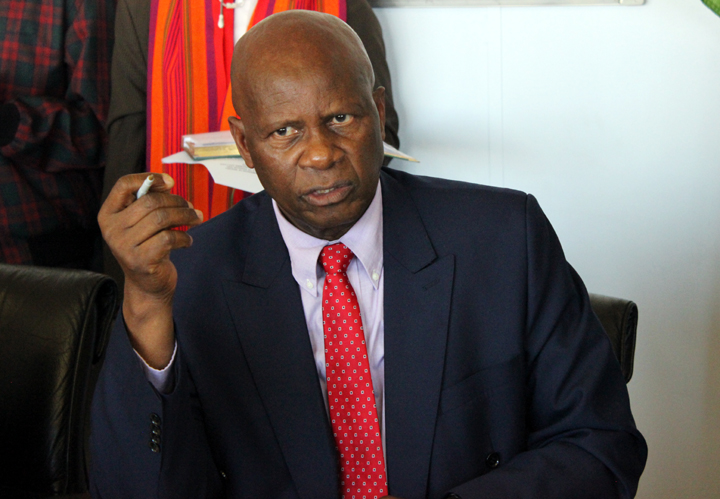LITHIUM producers, who are riding the wave of increased global demand and rising prices, have been jolted by a raft of tax measures proposed by Finance Minister Patrick Chinamasa last week, to drive local beneficiation.
Zimbabwe, the fifth largest producer of lithium in the world, is expected to increase its share of a growing market of the mineral that powers rechargeable devices, including telephones and automobiles.
The investment-starved country produced 900 tonnes of lithium in 2015, with top producer Australia accounting for 13 400 tonnes, Chile 12 900 tonnes, Argentina 3 800 tonnes and China 2 200 tonnes.
American automaker Tesla's plans to mass-produce its Model 3 battery-powered car have stoked worldwide demand. Tesla estimated that its production target for electric cars alone — 500 000 vehicles by 2020 — could require much more lithium as is already currently being produced.
This has resulted in several firms such as Prospect Resources, Premier African Minerals and Bikita Minerals planning to increase lithium production.
Chinamasa believes that the scramble for the mineral should transform the country's ailing economy through value addition.
"Lithium, which is used in the manufacture of automotive batteries and the bulk of dimensional stones such as Black Granite and Marble, is exported with minimum value addition, depriving the country potential foreign currency receipts and opportunities to create employment," he said.
"For example, lithium concentrate with a grading of 5 to 6 percent lithium oxide is exported through off-take agreements at prices of about $600 per tonne. Upon beneficiation, the resultant lithium carbonate is sold at prices ranging from $15 000 to $20 000 per tonne," he said.
Chinamasa proposed to impose an export tax of five percent on the gross value of exported lithium with effect from January 2019.
The Treasury boss' concerns come amid calls by industry experts that Zimbabwe should embark on an exploration programme to unearth more lithium reserves to build a strong supply base for the proposed lithium beneficiation and value addition plant.
Lithium mining expert Grant Hudson recently indicated that setting up a lithium beneficiation plant is a noble idea that must be pushed if certain fundamentals are met.
"The proposal to set up a beneficiation plant by government is a noble idea considering the importance of the lithium group minerals to the economic growth of any country. However, I believe we do not have enough deposits for a beneficiation plant at the moment.
"We don't have enough spodumene, the deposits are too small, therefore extensive exploration work must be undertaken to make sure we discover more deposits before we can think of setting up a beneficiation plant," Hudson added.
Demand for lithium is largely driven by demand from the battery storage market due to the use of mobile devices, electric vehicles, electrification projects around public transport in China and the rest of the world, and the increased demand for residential and power grid storage systems.
Mining experts note that the battery market accounts for about 36 percent of lithium demand and is expected to grow to 73 percent by 2025.
Companies like Tesla have done well to market their electric vehicles technology, but now they need to "back up their hype and deliver on the products promised".
- fingaz
 Concern over Masvingo black market
Concern over Masvingo black market  Kenya declares three days of mourning for Mugabe
Kenya declares three days of mourning for Mugabe  UK's Boris Johnson quits over Brexit stretegy
UK's Boris Johnson quits over Brexit stretegy  SecZim licences VFEX
SecZim licences VFEX  Zimbabwe abandons debt relief initiative
Zimbabwe abandons debt relief initiative  European Investment Bank warms up to Zimbabwe
European Investment Bank warms up to Zimbabwe  Young Investment Professional (YIP) Graduate Programme 2019
Young Investment Professional (YIP) Graduate Programme 2019 











 Young Investment Professional (YIP) Graduate Programme 2019
Young Investment Professional (YIP) Graduate Programme 2019
Editor's Pick